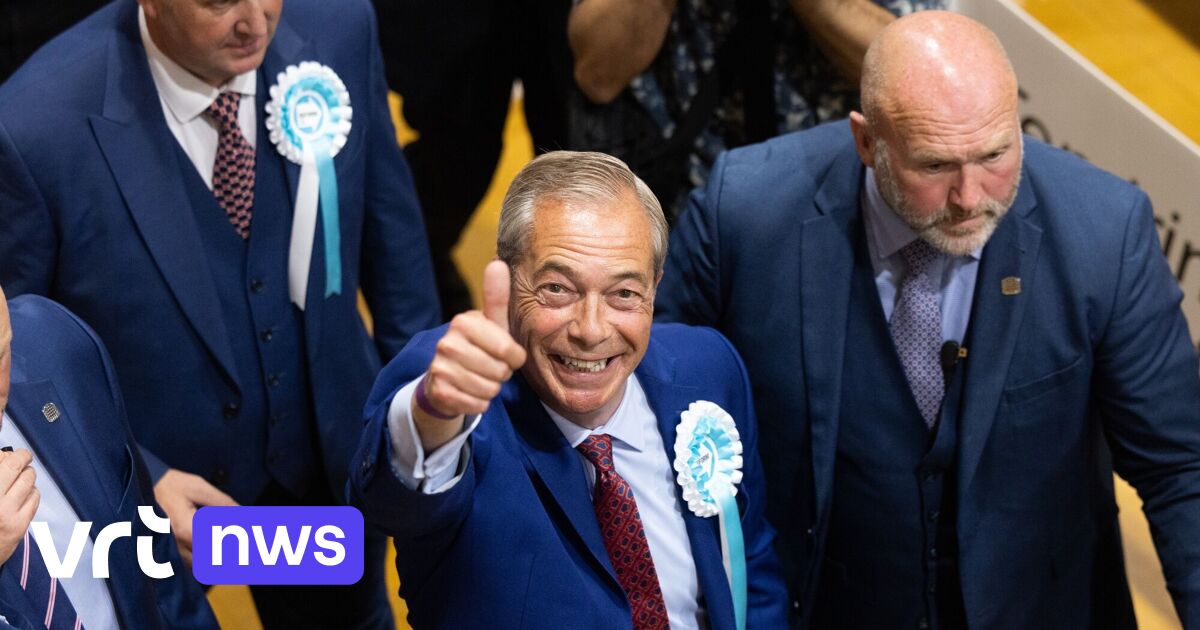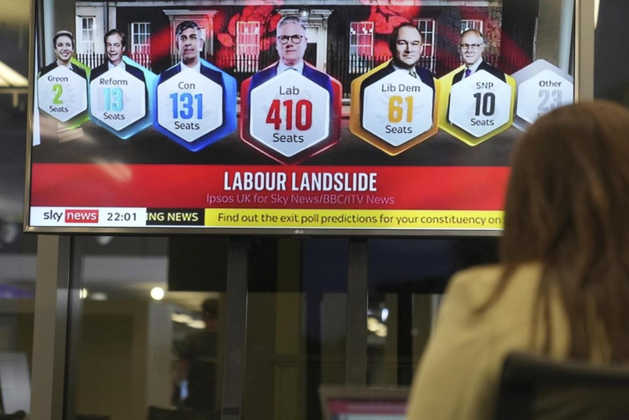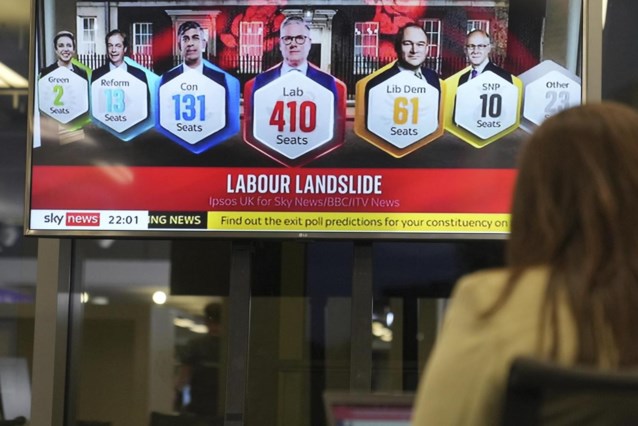In terms of monitoring lobbyist influence in politics, the Netherlands is one of the least regulated countries in Western Europe. That it turns out from Transparency International’s annual Corruption Perception Index (CPI), an international anti-corruption non-governmental organization.
Partly due to the broad access that lobbyists have to politicians and the lack of adequate action in the area of political integrity, the Netherlands ranks eighth in the global corruption index. A year ago, the Netherlands got 82 points, now it’s 80. This makes the Netherlands – still – the seventh least corrupt country in the world.
Abuse of power
Transparency International defines corruption as ‘the abuse of entrusted power for personal gain’. The organization scores it on a scale of 1 to 100. According to its corruption index, more than two-thirds of countries have a ‘serious corruption problem’. Ranked eighth, the Netherlands is still a country with relatively little corruption in the public sector. However, according to Transparency International, there is too little oversight of the actions of lobbyists. Dutch politicians can also easily switch to the sector they first have to control.
Most countries have made little or no progress in fighting corruption over the past year, according to Transparency International. Somalia finished last out of 180 countries and Hungary continued its long-term decline and was in 77th place, the lowest place in the European Union. The UK fell five points from 11th to 18th place. The CPI said the UK public’s trust in government was extremely low following a series of political spending scandals, such as the Greensill lobbying scandal.
Ukraine has risen: from 144th place to 116th place. Denmark retains first place and therefore is the country with the least corruption.
Also read:
The lobby blocks the sustainable use of pesticides, environmental groups say
The Netherlands has barely reduced its use of pesticides because it doesn’t listen to interest groups, according to three environmental organizations.
The DPR approves a lobbying list for ministers and senior civil servants
A parliamentary majority today approved a list of mandatory lobbying for ministers and senior officials. Only the VVD and the van Haga Group opposed. Lobby lists should be independently tested and maintained, following the Irish example.

“Hipster-friendly creator. Music guru. Proud student. Bacon buff. Avid web lover. Social media specialist. Gamer.”







